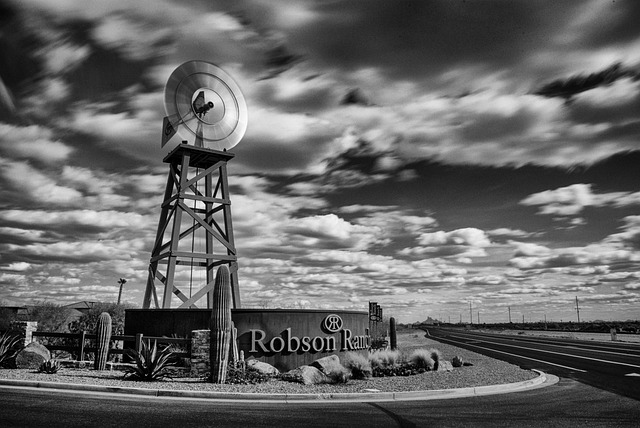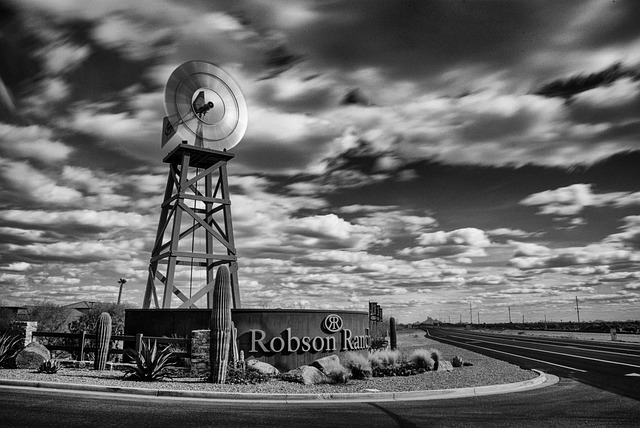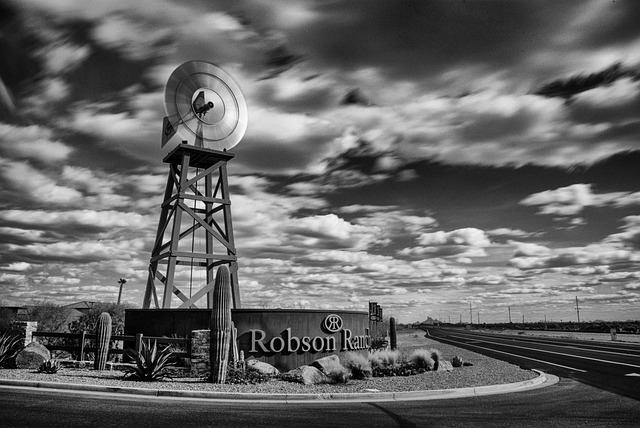Agriculture is a cornerstone of local economies, especially in rural areas, making agricultural land a lucrative real estate investment due to the demand for fresh produce. Converting underutilized lands into mixed-use developments creates vibrant hubs blending residential, commercial, and recreational spaces while preserving agricultural heritage. Sustainable farming practices, focused on environmental health and long-term viability, improve soil quality, reduce chemical use, and promote biodiversity, appealing to health-conscious consumers and fostering agritourism. Investing in agricultural land through real estate drives economic growth, sustainability, and the continuation of farming traditions, benefiting local farmers, protecting biodiversity, and opening doors to new business opportunities.
In today’s digital age, the agricultural base remains a cornerstone of local economies. This article explores the multifaceted role of agriculture from a real estate perspective, delving into sustainable farming practices and their economic impact. We discuss why investing in agricultural land is crucial for securing the future of local communities, examining strategies that balance development with preservation. By understanding these dynamics, policymakers and investors can facilitate a thriving agricultural sector that sustains both landscapes and livelihoods.
The Role of Agriculture in Local Economies: A Real Estate Perspective

Agriculture plays a pivotal role in sustaining local economies, often serving as the backbone of communities, especially in rural areas. From a real estate standpoint, agricultural land is a valuable asset that can contribute significantly to regional development. The demand for fresh produce and the rise in interest for locally sourced food have boosted the economic viability of farming operations, making them desirable investments.
In many regions, converting underutilized or abandoned agricultural lands into mixed-use developments offers immense potential. These projects can integrate residential, commercial, and recreational spaces, creating vibrant hubs that attract businesses, residents, and tourists alike. By leveraging the existing infrastructure and natural resources, smart development strategies can foster economic growth while preserving the area’s agricultural heritage.
Sustainable Farming Practices and Their Economic Impact

Sustainable farming practices are transforming local economies, particularly in agrarian regions where traditional methods struggle to keep pace with modern demands. By prioritizing environmental stewardship and long-term viability, farmers can enhance soil health, reduce chemical dependency, and promote biodiversity—all of which have significant economic implications. These eco-friendly approaches often result in higher quality produce, attracting health-conscious consumers willing to pay a premium for sustainable goods. Moreover, sustainable farming diversifies local economies by fostering agritourism, where real estate assets like farmsteads and rural landscapes become valuable attractions, boosting income streams through guest stays, educational workshops, and experiential activities.
The economic impact extends beyond direct consumer interactions. Sustainable agriculture cultivates a robust supply chain, creating jobs in processing, distribution, and marketing channels. This reduced reliance on external inputs lowers operational costs for farmers, increasing their profit margins. Furthermore, the enhanced environmental reputation of sustainable farms can draw investments from environmentally conscious businesses and consumers, unlocking new opportunities for growth and collaboration within local communities.
Investing in Agricultural Land: Securing the Future of Local Communities

Investing in agricultural land is a strategic move that can secure the future of local communities, fostering economic growth and sustainability. In today’s digital era, where urban development often takes precedence, it’s crucial to remember the value of our green spaces and rural areas. By purchasing or leasing agricultural real estate, individuals and organizations can contribute to the preservation of farming traditions while ensuring a stable food supply for future generations.
This commitment to agrarian lands not only supports local farmers but also protects biodiversity and natural resources. As a result, it becomes a powerful tool for community development, creating opportunities for agritourism, rural entrepreneurship, and the promotion of healthy, locally sourced food options. Investing in agricultural real estate is thus a game-changer, enabling us to maintain a harmonious relationship between urban progress and rural heritage.






